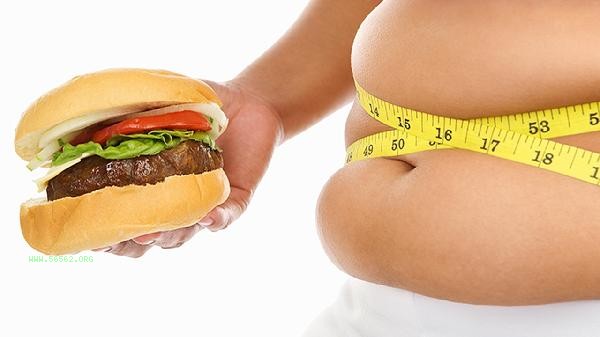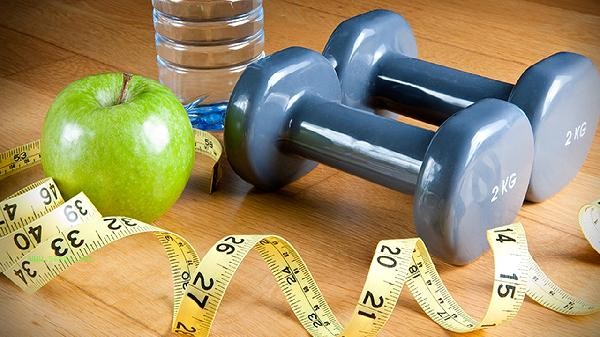Overconsumption of fruits during dinner may hinder weight loss, mainly due to excessive sugar intake, brief satiety, nutritional imbalance, increased digestive burden, and metabolic rhythm disorders.
1. Excessive sugar content:

Fruits contain fructose and glucose, and daily intake of more than 200 grams can easily be converted into fat accumulation. After dinner, the amount of activity decreases, and the unused sugar is more likely to be stored as visceral fat. Watermelon, lychee and other high sugar index fruits need to be controlled, and it is recommended to choose low sugar berries.
2. Poor satiety:
The satiety caused by fruit moisture and dietary fiber can only last for 1-2 hours, which can easily lead to hungry eating at night. Compared to protein and complex carbohydrates, fruits lack sustained energy sources, which may lead to extra calorie intake during bedtime meals.
3. Single nutrition:

A simple fruit dinner lacks high-quality protein and essential fatty acids, which may lead to muscle loss in the long run. The human body requires nutrients such as tryptophan for nighttime repair, which cannot be met solely by fruits. It is recommended to pair with sugar free yogurt or nuts.
4. Digestive burden:
Some fruits contain proteases that can stimulate gastric acid secretion, such as pineapple and kiwifruit, which may cause acid reflux when consumed on an empty stomach. Cold fruits such as pears may exacerbate discomfort for those with spleen and stomach deficiency and coldness. It is recommended to consume them in small amounts after heating.
5. Metabolic interference:
Fructose is mainly metabolized in the liver, and excessive intake at night may affect melatonin secretion. Organic acids in fruits may alter gut microbiota rhythms, and it is recommended to consume them no later than 3 hours before bedtime.

It is recommended to use a combination of "protein+vegetables+a small amount of coarse grains" for dinner, and fruits can be added as an afternoon snack. When choosing low sugar fruits such as apples and blueberries, keep them within 150 grams and avoid juicing for consumption. People with weak spleen and stomach can steam apples or pears and use cinnamon powder to promote metabolism. Long term nighttime fruit meal replacement may lead to malnutrition, and regular monitoring of changes in body fat percentage and muscle mass is necessary. supplementing with potassium rich fruits such as bananas 30 minutes after exercise can help with recovery, but a balanced diet should still be the main focus for daily dinner.




Comments (0)
Leave a Comment
No comments yet
Be the first to share your thoughts!